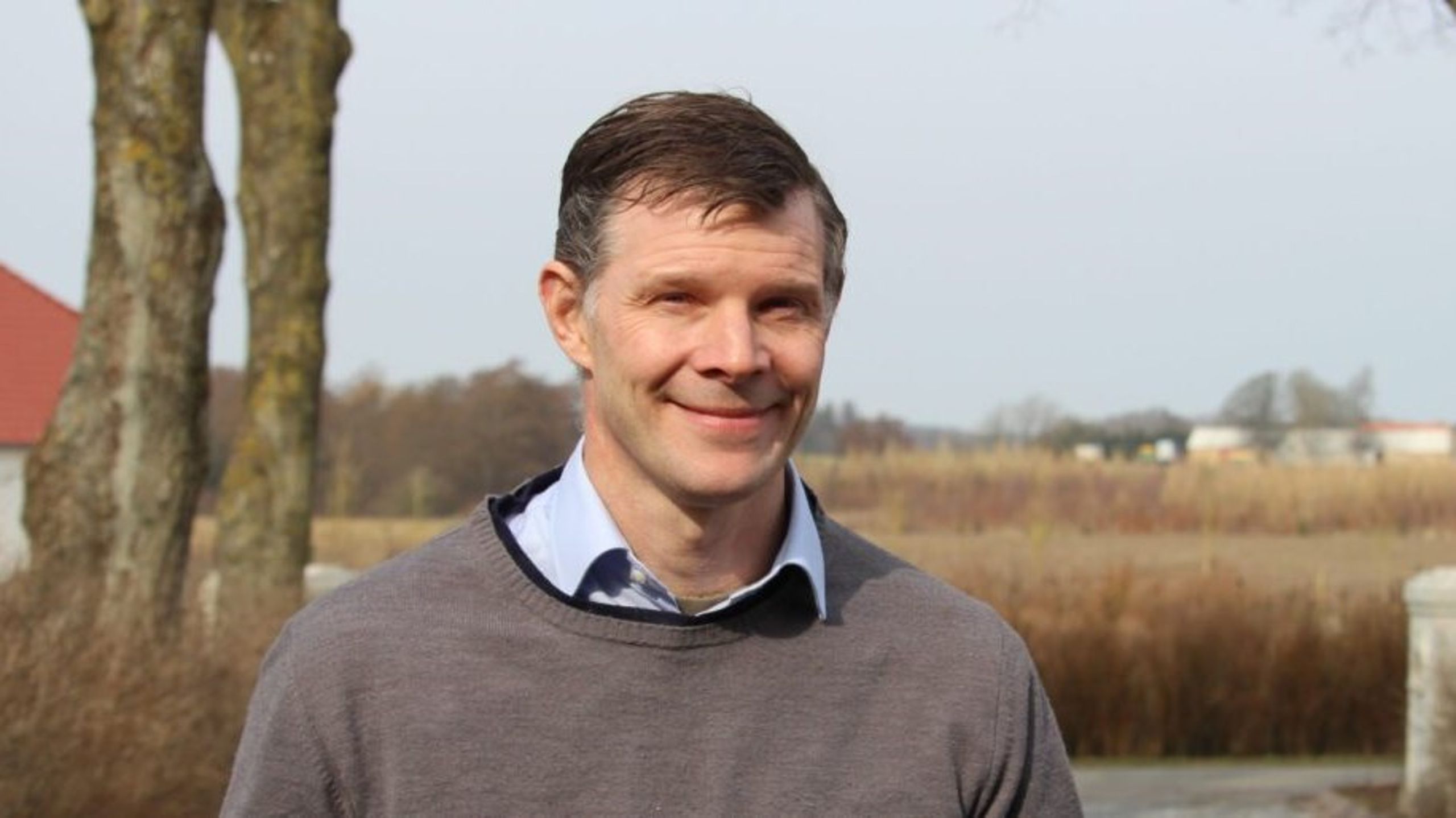Denmark introduces world first carbon tax on livestock to hold farm animals responsible for their carbon emissions. This innovative move comes after an agreement by Denmark’s coalition government. Tax farmers around $43 (300 kroner) per ton of carbon dioxide equivalent that cows, pigs, and sheep produce. These animals are big contributors to global methane emissions. This tax is part of a larger climate strategy aimed at cutting emissions and protecting habitats and will start in 2030.

Reading Suggestion: Decoding the Label: What Organic Means According to USDA Standards
Foreign Minister Lars Løkke Rasmussen announced this plan, highlighting its importance.

“We are investing billions in the biggest transformation of the Danish landscape in recent times,” he said. “We will be the first country in the world with a carbon tax on agriculture.”
Agriculture significantly impacts the climate, with livestock farming alone responsible for about 12% of human-made greenhouse gas emissions in 2015, according to the UN’s Food and Agriculture Organization. In Denmark, known for its dairy and pork exports, agriculture accounts for 25% of the country’s greenhouse gas emissions, more than any other sector.
However, there’s a catch. Due to a 60% tax break included in the agreement, the actual cost for farmers will be only 120 kroner ($17) per ton of CO2 equivalent for the first five years. Considering an average dairy cow in Denmark produces 5.6 tons of CO2 equivalent annually, the tax will be about 672 kroner per cow each year, or roughly $96. By 2035, the tax will increase to 300 kroner per CO2 ton ($42).
Denmark’s parliament is expected to approve this levy later this year. While this would be the first time such a policy is implemented, it’s not the first attempt globally.
New Zealand proposed a similar “burp tax” in 2022, but the plan was scrapped following backlash from the agricultural sector.

Reactions in Europe have been mixed. Peter Kiær, chairman of the Danish farmers’ group Bæredygtigt Landbrug, criticized the plan as bureaucratic and unnecessary. He emphasized that while Danish agriculture recognizes the climate issue and wants to help, the agreement might hinder green investments.
Reading Suggestion: Local Agricultural Produce takes center stage at Expo 2023 Doha new festival showcase
Kristian Hundeboll, CEO of DLG Group, a major farm supply company in Europe, stressed the need for the policy to align with European Union legislation for Danish farmers to remain competitive. Achieving similar policies across the EU might be challenging, especially after recent farmer protests and political shifts in the European Parliament.
Denmark’s bold step towards taxing farm animal emissions marks a significant move in the global fight against climate change, setting a precedent for other nations to follow.














